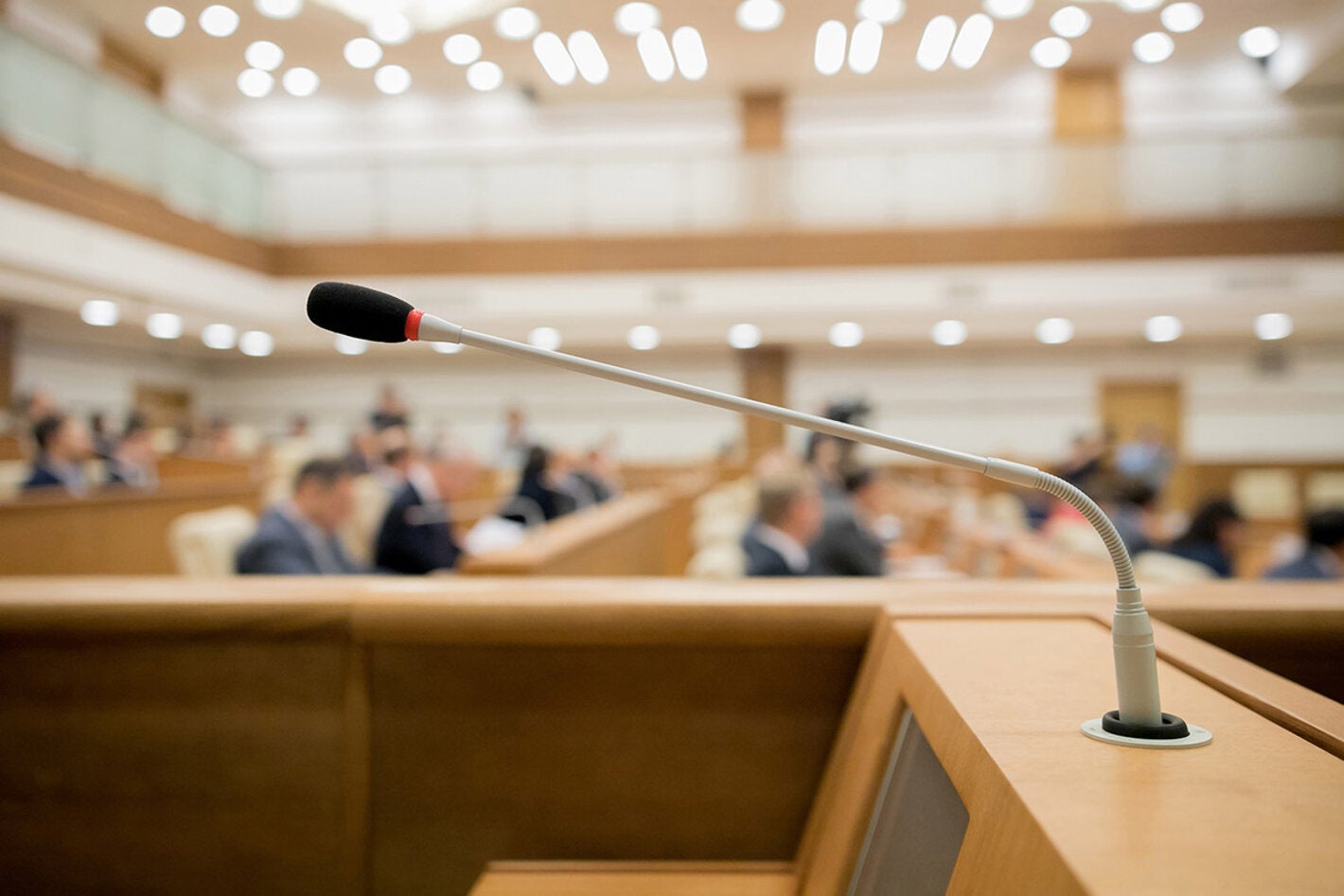
Geneva, 23 May 2019 (PAHO/WHO) - Member States at the World Health Assembly adopted a resolution today calling for continued high-level commitments to implementand provide multisectoral National Action Plans on Antimicrobial Resistance.
The resolution urges Member States to strengthen infection prevention and control measures including water sanitation and hygiene; enhance participation in Global Antimicrobial Surveillance System; ensure prudent use of quality-assured antimicrobials; and support the multisectoral annual self-assessment survey.
It also asks the WHO Director-General to significantly increase support to countries in implementing their national action plans and help mobilize needed financial resources, in collaboration with other UN agencies and partners. It also calls on the WHO Director-General to maintain the WHO list of Critically Important Antimicrobials for Human Medicine, and keep Member States informed of WHO’s work with the other members of the Tripartite (the Food and Agriculture Organization and the World Organization for Animal Health) and UN agencies.
The resolution acknowledges the work of the UN Interagency Coordination Group on Antimicrobial Resistance to provide practical guidance to enhance global action to address antimicrobial resistance, and stresses the importance of addressing antimicrobial resistance for achievement of the 2030 Agenda for Sustainable Development.
Side Events
Ministers of Health of the Pacific and Caribbean to join forces on climate change and health, regulatory frameworks, health security
Ministers of Health of the Pacific and the Caribbean met yesterday to discuss opportunities for cooperation and share experiences in four main areas: climate change and resilient health systems, regulatory frameworks, health security, and noncommunicable diseases (NCDs).
Small island states in the Caribbean and the Pacific face a number of common challenges. They are especially vulnerable to climate change and extreme weather events, and have limited capacity and human resources to respond to certain health challenges.
“We do not need to reinvent the wheel. We can learn from each other and save resources and time,” said the Health Minister of Trinidad and Tobago, Terrence Deyalsingh, who co-chaired the meeting organized by Cook Islands and the Caribbean Community (CARICOM), which was facilitated by the Pan American Health Organization (PAHO) and the Regional Office of the World Health Organization (WHO) for the Western Pacific.
Nickolas Steele, the Minister of Health of Grenada, which hosted last year’s Third Global Conference on Health and Climate: Special Focus on Small Island Developing States, said that addressing the issues of climate change and health together “is about our survival.” Steele also highlighted the need for more case studies and evidence on the effects of climate change on health.
Jamaica’s Minister of Health presented the “Caribbean Moves” campaign, which encourages the population to get regular health checkups, engage in physical activity, and eat a healthy diet. This initiative could be adapted and replicated in the Pacific.
Health Ministers of the Americas discuss strategies to achieve universal health
On the last day of plenary discussions on “Universal Health Coverage: Leaving No One Behind,”health ministers and authorities from the Region of the Americas continued to express their views on universal health coverage and shared their experiences with leaving no one behind when it comes to health.
Health authorities from Saint Kitts and Nevis, Jamaica, Saint Lucia, Panama, Barbados, Saint Vicente and the Grenadines, Belize, Haiti, and Nicaragua all gave speeches at this event.
— Watch the speeches by selecting this link
Links
— PAHO/World Health Assembly
— World Health Assembly Videos
— World Health Assembly Photo Gallery
— WHO/ 72nd World Health Assembly



